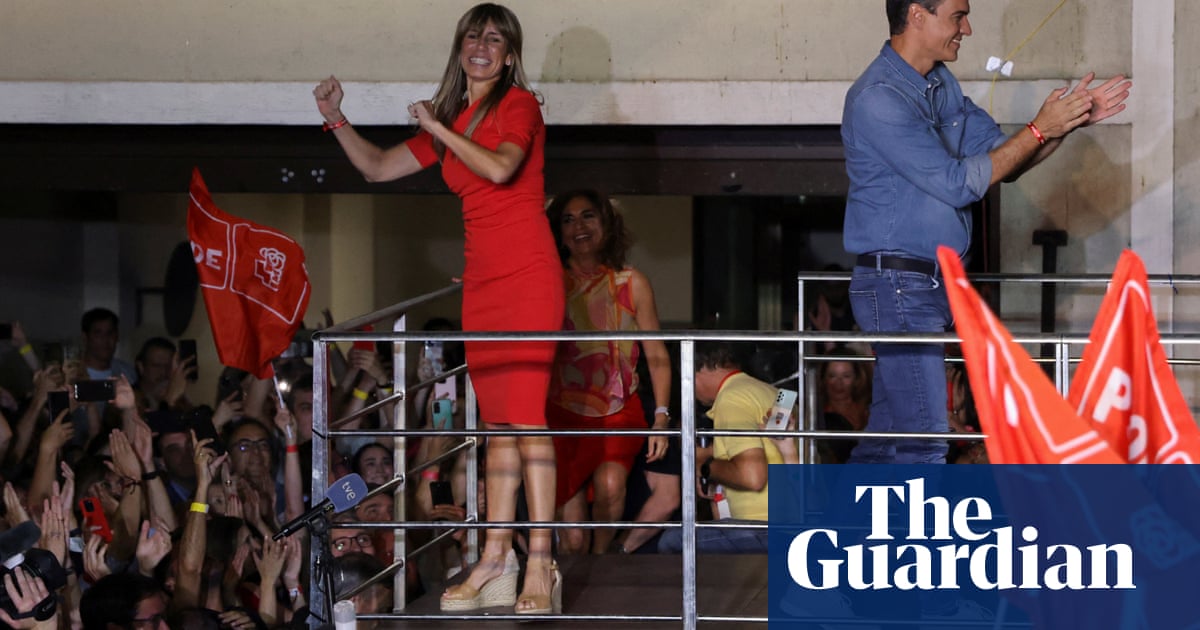
Prosecutors in Ghislaine Maxwell’s sex-trafficking trial on Wednesday asked the judge for an “inquiry” after a juror said in recent post-trial media interviews that he was a victim of sexual abuse.
Maxwell’s legal team said they believe a new trial is warranted following revelations about this juror.
Maxwell was found guilty on 29 December of five counts for facilitating the late financier Jeffrey Epstein’s sexual abuse of girls, some as young as 14.
“While the court instructed jurors that they were free to discuss their jury service with anyone of their choosing, some of the statements, as related in the media, merit attention by the court. In particular, the juror has described being a victim of sexual abuse,” prosecutors wrote.
“Assuming the accuracy of the reporting, the juror asserted that he ‘flew through’ the prospective juror questionnaire and does not recall being asked whether he had been a victim of sexual abuse, but stated that ‘he would have answered honestly’.
“Based on the foregoing, the government believes the court should conduct an inquiry,” they wrote to judge Alison Nathan.
The juror’s claim that he did not recall being asked about sexual abuse has spurred questions, given that prospective jurors were given a questionnaire which directly asked them this topic.
One inquiry on the questionnaire stated: “Have you or a friend or family member ever been the victim of sexual harassment, sexual abuse, or sexual assault?”
Another asked: “Witnesses in this case may testify claiming sexual abuse or sexual assault. Would you have any difficulty assessing the credibility of a witness claiming sexual assault or abuse just like you would any other witness?”
In their letter, prosecutors proposed Judge Nathan schedule a hearing in about a month, as well as a schedule for filing paperwork relating to this inquiry.
“Government respectfully submits that any juror investigation should be conducted exclusively under the supervision of the court,” they wrote. “If the court decides to schedule such a hearing, the government respectfully requests that the court’s staff promptly contact the juror to notify him of the hearing and inquire whether he would like counsel to be appointed in connection with it.”
One of Maxwell’s lawyers, Christian Everdell, filed a letter about the juror’s comments several hours after prosecutors’ submission, describing it as “an issue of pressing importance”.
While this filing had some redactions, one visible phrase said “presents incontrovertible grounds for a new trial under rule 33”. Everdell asked Nathan to set a schedule for both sides to submit filings on the issue.
“Should the defense prevail on this motion – and we believe the law and facts are clearly on our side – it would render all other post-trial motions moot. Ms Maxwell should not have to expend precious time and resources briefing other motions when this motion can and should be dispositive,” Everdell said.
“Accordingly, the defense respectfully requests that the court set a briefing schedule for this motion alone and defer setting a briefing schedule for any other post-trial motions.”
Jeffrey Pagliuca, another one of Maxwell’s lawyers, said in a filing shortly thereafter that “the government’s request for a hearing is premature because based on undisputed, publicly available information, the Court can and should order a new trial without any evidentiary hearing.
“It is clear to Ms Maxwell that based on this record alone a new trial is required,” Pagliuca also wrote.
David S Weinstein, a former federal prosecutor who is now a partner at Jones Walker LLP, said: “Based on the letter motion that was filed today by the government, it’s clear that they want to ensure that it’s the court who conducts any questioning of this juror.”
He said: “They want to put the court on notice that this information is out there and they want to prevent any other third party from speaking to this juror before the court does” – including Maxwell’s defense team.
At issue will be what the juror said on his questionnaire. If he answered no, the motivation behind that answer could influence the outcome of any inquiry. For example, if he answered no because he was not paying attention, that might present less of a problem than if he knowingly answered in the negative to avoid being disqualified.
“If it turned out he checked the box yes, and both the defense and prosecution never bothered to follow up on it, that’s on them,” Weinstein said.
Weinstein said that the process would involve Nathan questioning the juror. Then, Nathan will provide the information from this questioning to both sides.
“If the answers are ‘I misled you because I wanted to serve’, then that’s going to provide the defense a basis to push their side forward,” he explained. “It’s certainly going to prolong things. It’s going to provide more motion practice, it’s going to potentially delay the sentencing.”
The outcome will rest on Nathan, Weinstein said.
“She can decide whether or not it’s going to be a new trial, or she could deny [any] motion for a new trial, and then it will become an issue for the court of appeals whether or not that was an error.”
“This could be a huge blow to the prosecution if this juror did in fact fail to provide such information,” New York criminal defense attorney Julie Rendelman told the Guardian. “Keep in mind that this juror suggests that his own experience as a victim of sexual abuse not only impacted his decision making but others in the jury who he relayed his story to.”
Late Wednesday afternoon, the New York Times revealed that another juror had told their fellow panelists that they had been sexually abused. This juror told The Times that their disclosure seemed to aid in shaping deliberations.












